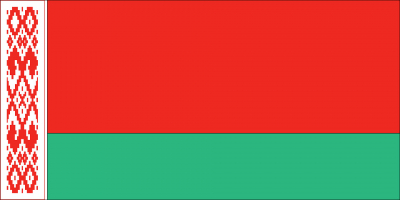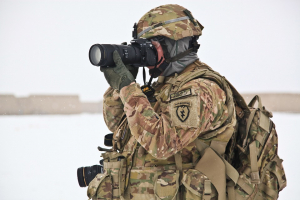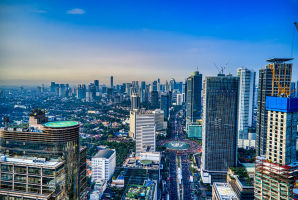Top 7 Reasons Why Iraq is Dying
Iraq, once a prosperous nation with a rich cultural heritage, is facing numerous challenges that have resulted in widespread instability, poverty, and ... read more...insecurity. Political instability, corruption, insurgency and terrorism, economic problems, lack of basic services, and ethnic and religious tensions are among the major factors contributing to the ongoing struggles in the country. These challenges have had a profound impact on the lives of the Iraqi people and have hindered the country's development and progress. In this article, Toplist will find out the reasons why Iraq is dying.
-
The country has gone through numerous governments and has been unable to establish a stable, inclusive political system that can effectively govern the country and address the needs of its citizens. This instability can be traced back to the 2003 U.S.-led invasion of Iraq and the subsequent overthrow of Saddam Hussein's regime. Since then, Iraq has faced numerous political crises and has struggled to establish a stable, democratic government.
Another factor contributing to political instability in Iraq is the interference of foreign powers in the country's political affairs. Iraq has faced ongoing interference from neighboring countries such as Iran, as well as from other countries with interests in the region. This has made it difficult for Iraq to achieve stability and independence.
The ongoing violence and insecurity caused by extremist groups such as ISIS has also contributed to political instability in Iraq. These groups have carried out numerous attacks and acts of violence, causing widespread fear and undermining trust in the government.
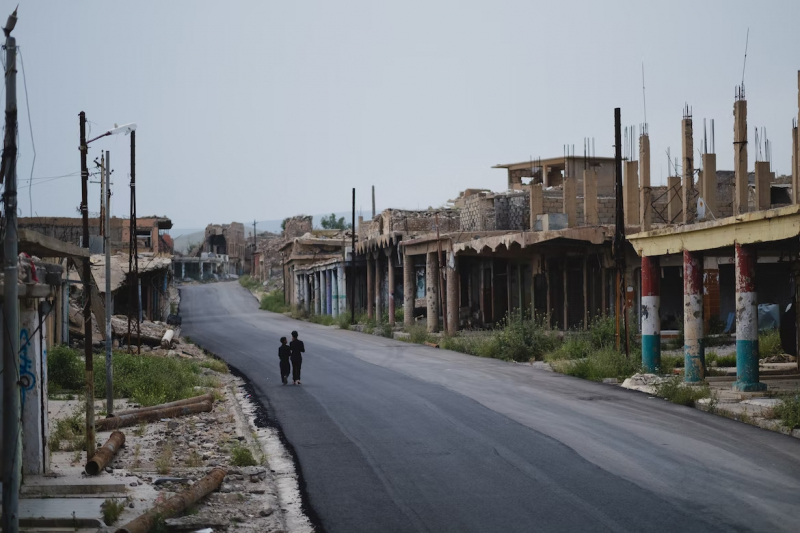
Photo by Levi Meir Clancy on Unsplash 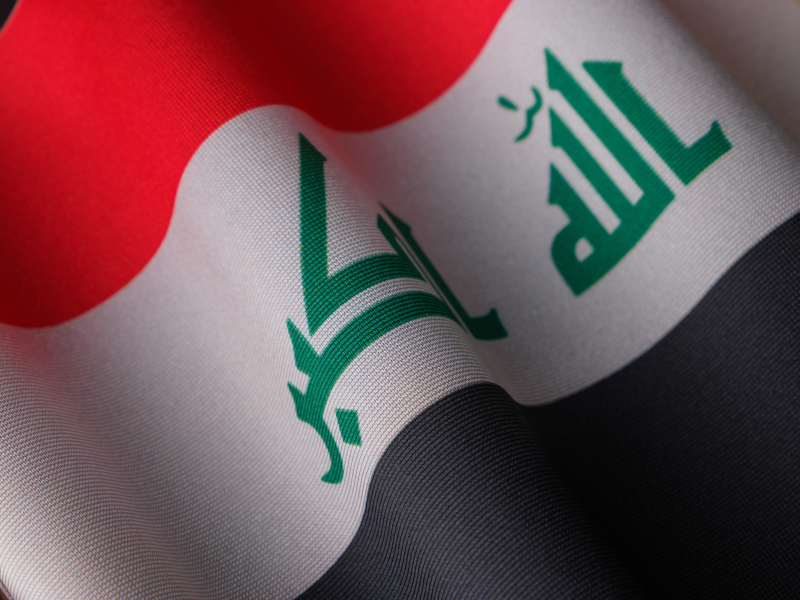
Photo by Engin Akyurt on Pexels -
Iraq is a multi-ethnic and multi-religious country, and tensions between different communities have been a source of conflict for many years. The country has struggled to address these tensions and promote reconciliation between different groups, and the lack of progress in this area has contributed to ongoing instability and conflict.
The polarizing effect of ethnic and religious tensions has made it difficult for the government to promote national unity and reconciliation and has contributed to political instability in the country. The tensions between different groups have often led to a fragmented society, with different groups living in separate communities and having limited interaction with each other. This has made it more difficult for the country to work together to address its challenges.
Moreover, tensions between different groups have often resulted in displacement and the forced migration of people from their homes, which has contributed to further instability and has had a negative impact on the country's economy and society.
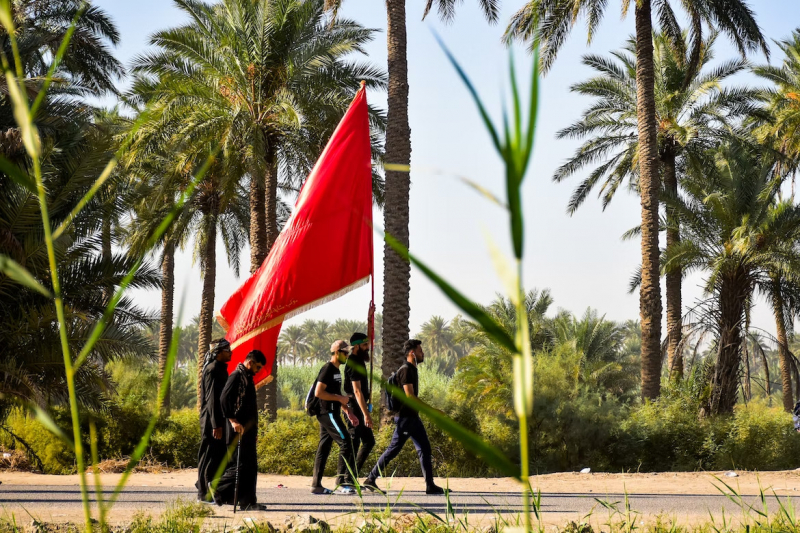
Photo by أخٌفيالله on Unsplash 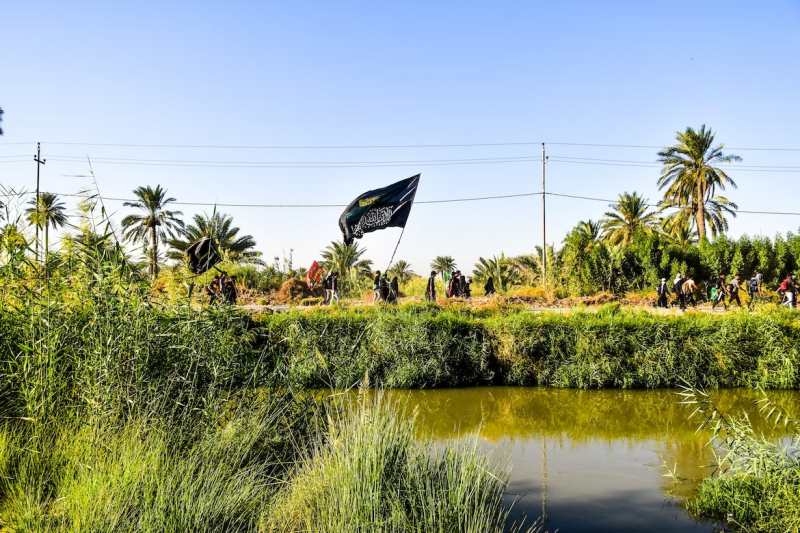
Photo by أخٌفيالله on Unsplash -
Corruption remains a major problem in Iraq and is a significant barrier to economic development and the delivery of basic services to the population. One of the main causes of corruption in Iraq is the lack of transparency and accountability in government and public institutions. This makes it easier for officials to engage in corrupt practices and for corruption to go undetected.
Another factor contributing to corruption in Iraq is the weakness of the country's legal and regulatory framework. Laws and regulations are often vague or not enforced, making it easier for corruption to occur.
The politicization of government institutions is also a major cause of corruption in Iraq. Politicians and parties have often used public institutions for their own benefit, rather than for the benefit of the country and its citizens.
The instability and violence caused by extremist groups such as ISIS have also contributed to corruption in Iraq. In areas controlled by these groups, corruption has become widespread as they have sought to control resources and exploit vulnerable populations.

Photo by Levi Meir Clancy on Unsplash 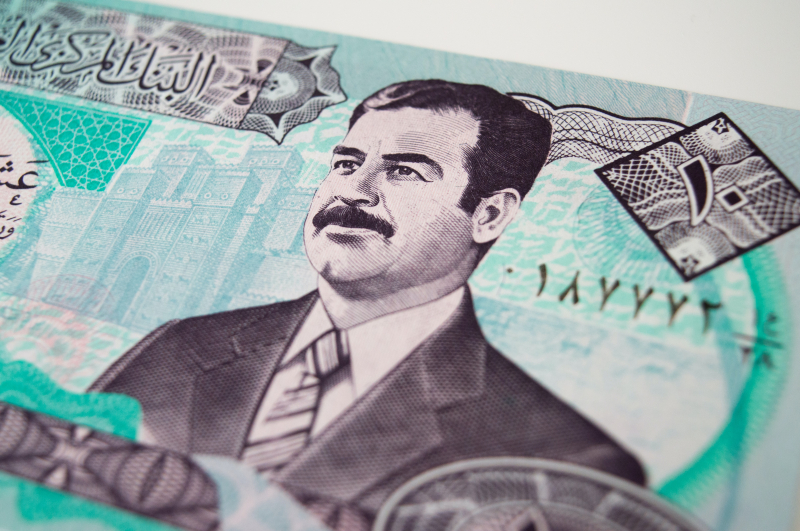
Photo by Rob on Unsplash -
Insurgency and terrorism have been major security challenges facing Iraq in recent years. These threats have undermined stability and security in the country, causing widespread violence and loss of life.
One of the main causes of insurgency and terrorism in Iraq is the presence of extremist groups such as the Islamic State of Iraq and Syria (ISIS). These groups have carried out numerous attacks and acts of violence, causing widespread fear and destabilizing the country. In addition, Iraq lacks effective security forces. Despite the presence of a large military and police force in the country, many parts of Iraq are still not secure, and extremist groups are able to operate with relative impunity.
The political instability and corruption in Iraq have also contributed to the rise of insurgency and terrorism in the country. A weak and ineffective government, combined with widespread corruption, has made it easier for extremist groups to gain a foothold and carry out attacks.
The presence of foreign fighters in Iraq has also contributed to the security challenges faced by the country. Fighters from outside Iraq have joined extremist groups in the country, bringing with them experience and expertise that have helped to bolster their capabilities.
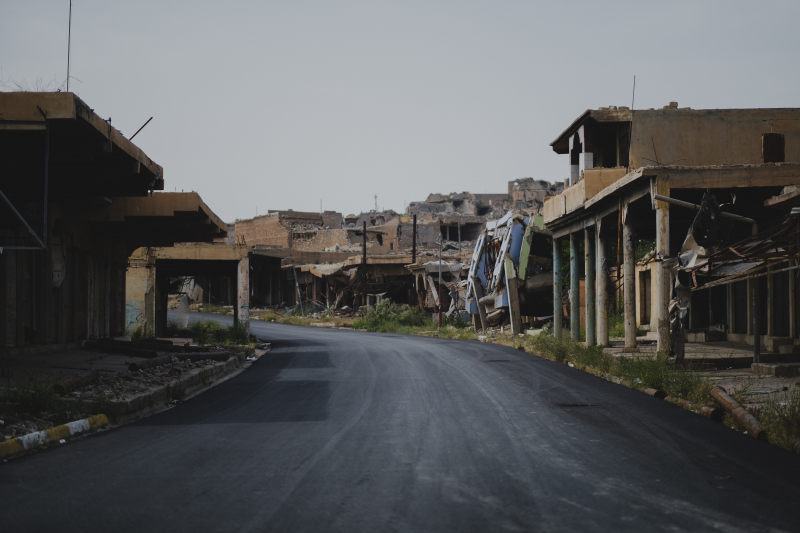
Photo by Levi Meir Clancy on Unsplash 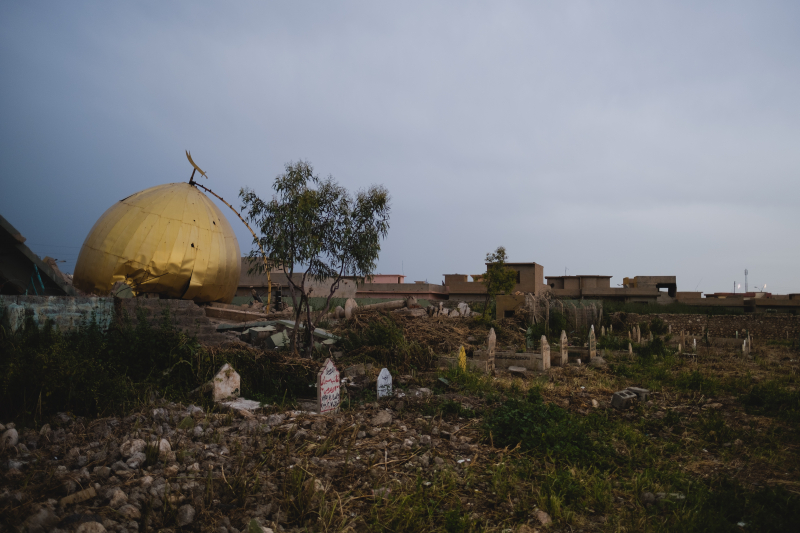
Photo by Levi Meir Clancy on Unsplash -
Economic challenges have been a significant problem for Iraq in recent years, affecting the well-being of its citizens and contributing to instability in the country. Iraq is heavily dependent on oil for its income, and declining oil prices have had a significant impact on its economy. The drop in oil prices has reduced the government's ability to fund basic services such as healthcare, education, and infrastructure.
Despite its wealth of natural resources, Iraq has struggled to manage its resources effectively. Corruption and mismanagement have prevented the country from fully realizing the benefits of its resources, and have hindered its ability to address its economic challenges. Besides, Iraq has faced high levels of poverty and unemployment, which have made it difficult for many citizens to access basic services and improve their standard of living.
Iraq has faced a shortage of basic services such as electricity, water, and healthcare, which has impacted the well-being of its citizens and hindered its economic development.

Photo by RODNAE Productions on Pexels 
Photo by RODNAE Productions on Pexels -
Iraq has faced environmental problems such as air and water pollution, soil erosion, and the depletion of natural resources, which have further destabilized the country and impacted the health and well-being of its citizens.
Iraq has suffered from deforestation and desertification, which have contributed to soil erosion and loss of biodiversity. This has had a negative impact on the country's ability to produce food and support its people. Iraq also suffered from oil pollution. It is one of the world's largest oil producers, and the extraction and production of oil have had a significant impact on the environment. Oil spills and other forms of pollution have contaminated the country's land and water, affecting the health of its citizens and the ecosystem.
Iraq is facing a severe shortage of water, which has contributed to environmental degradation and has made it more difficult for the country to produce food and support its people. In addition, it has struggled to manage its waste effectively, and this has contributed to environmental degradation and has had a negative impact on public health.

Photo by Karar Mhoder on Pexels 
Photo by Kindel Media on Pexels -
Despite being one of the largest oil producers in the world, many parts of Iraq still lack basic services such as electricity, clean water, and healthcare. This has contributed to widespread poverty and has created an environment of frustration and dissatisfaction among the population.
The lack of access to clean water, sanitation, and healthcare has had a negative impact on public health and has contributed to the spread of diseases such as cholera and typhoid. In addition, the shortage of basic services, particularly electricity, and water, has had a negative impact on the quality of education in Iraq and has made it more difficult for students to receive a quality education.
The shortage of basic services has made it more difficult for people to earn a living and has contributed to poverty and unemployment, which have in turn contributed to the country's overall economic difficulties.
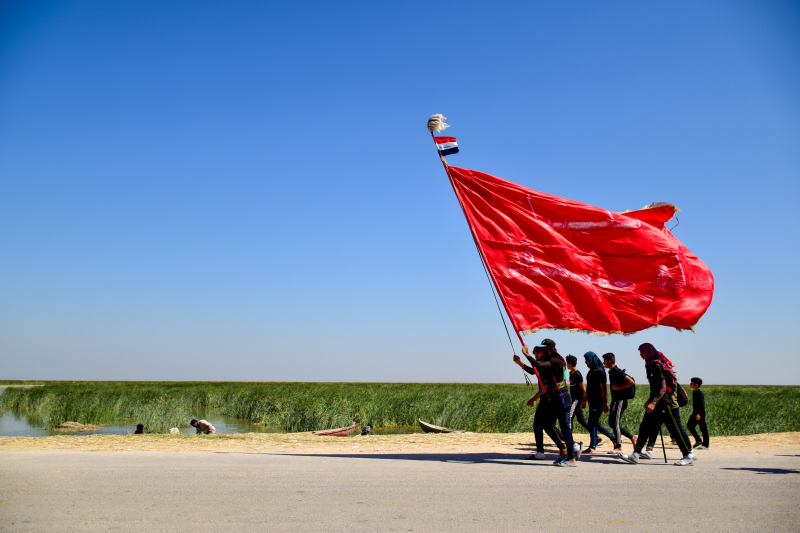
Photo by أخٌفيالل on Unsplash 
Photo by Levi Meir Clancy on Unsplash














